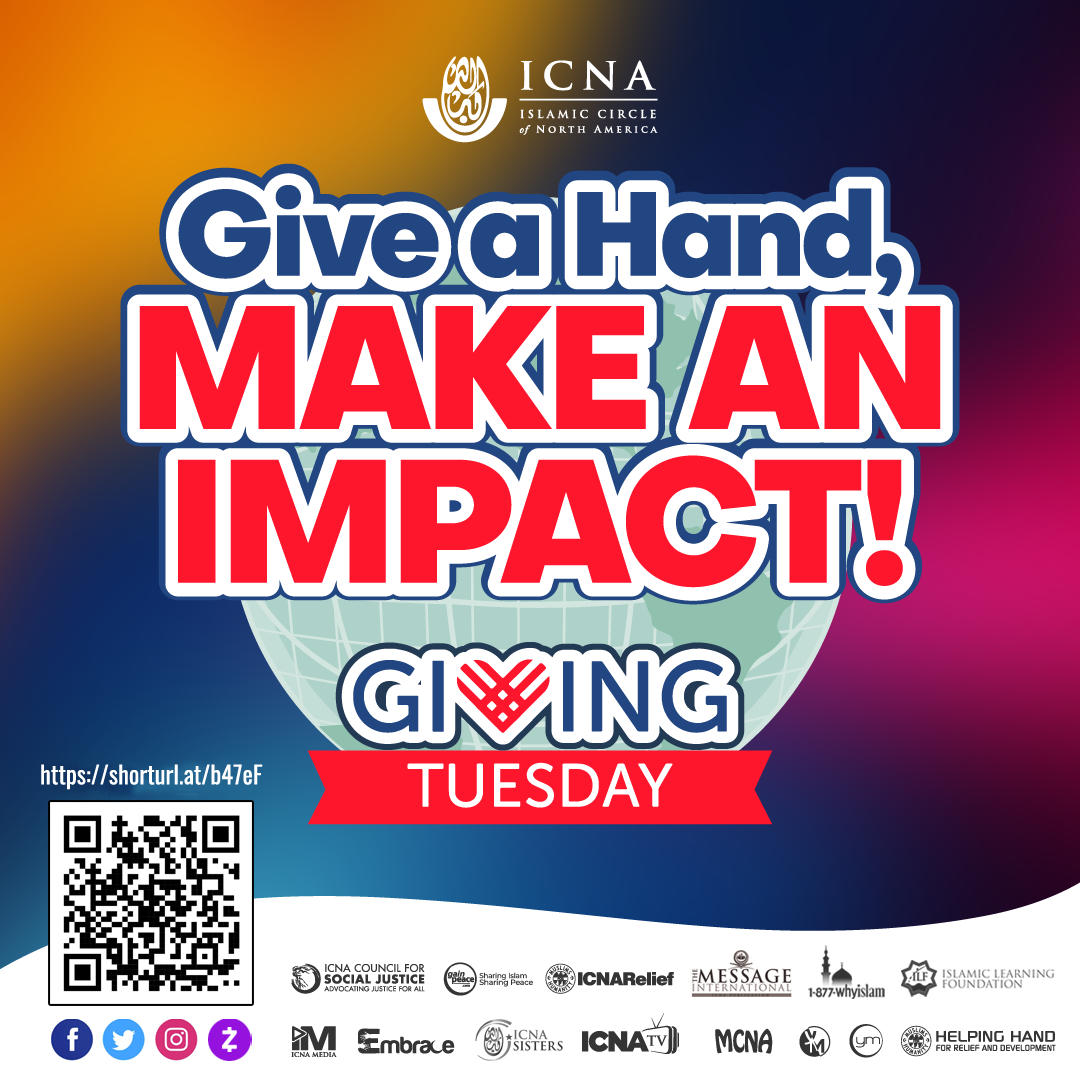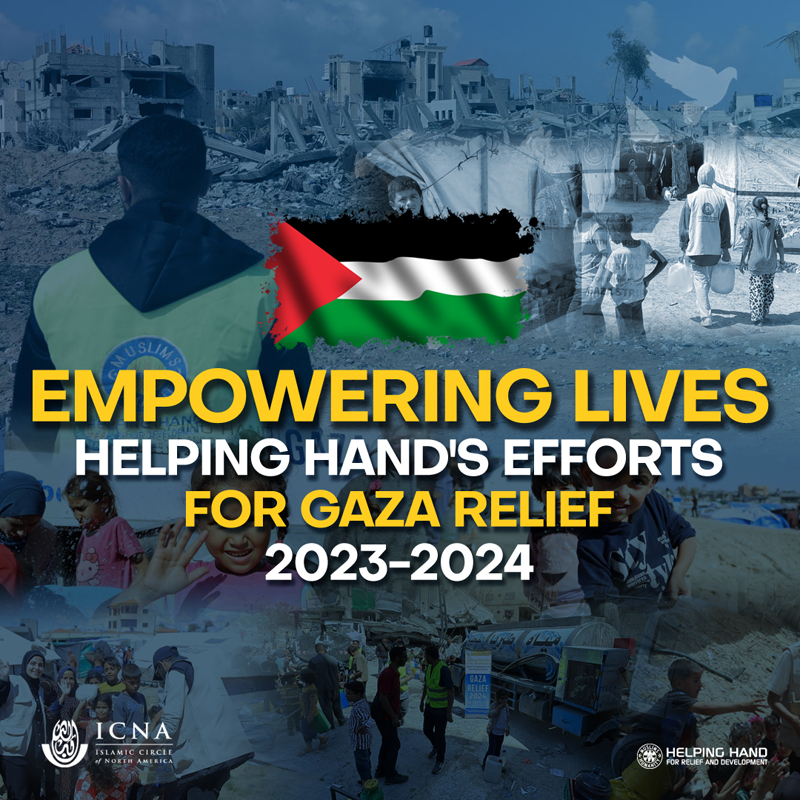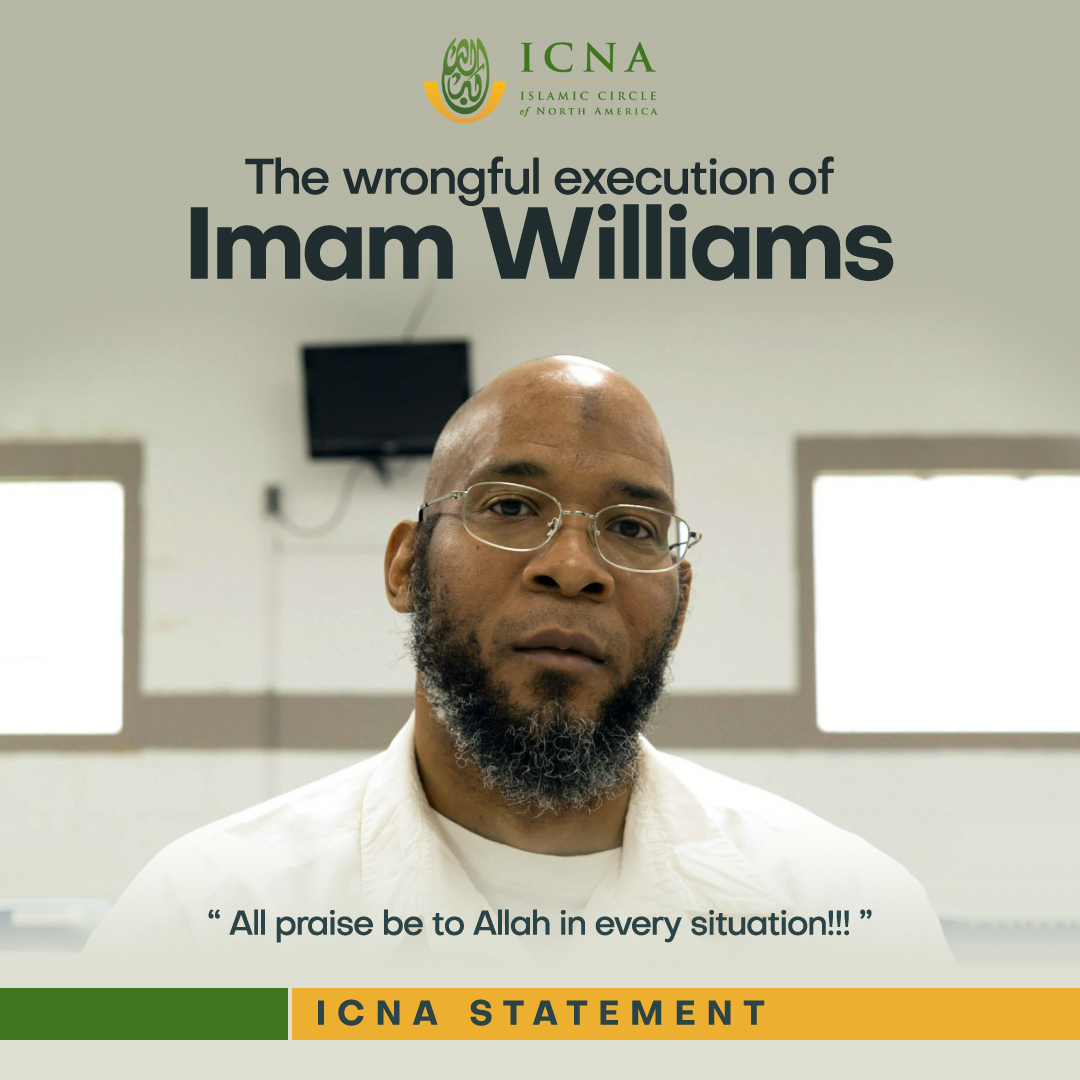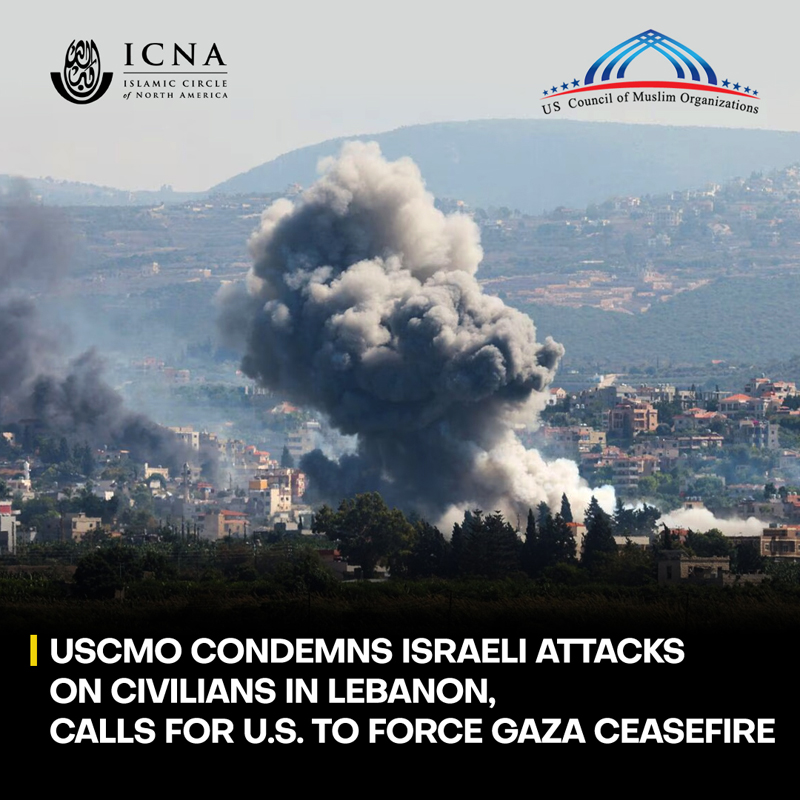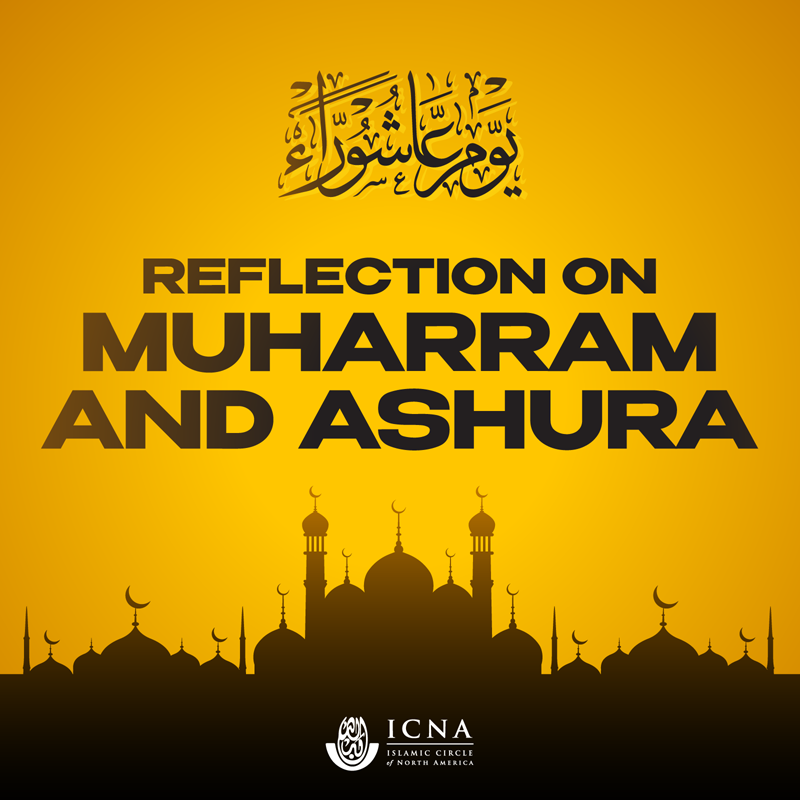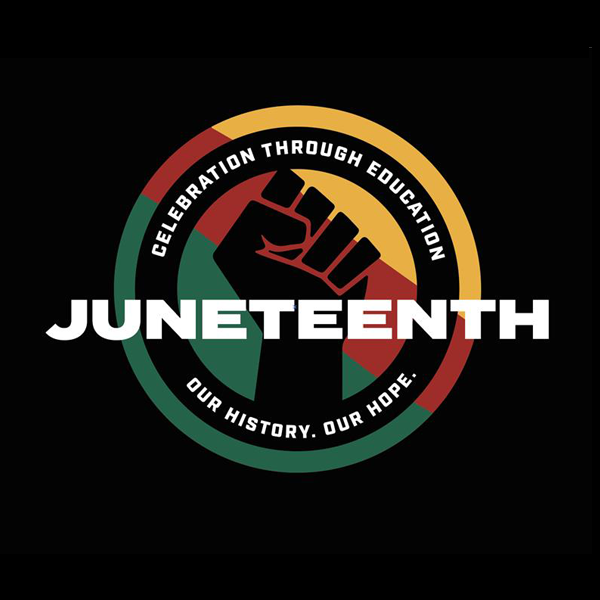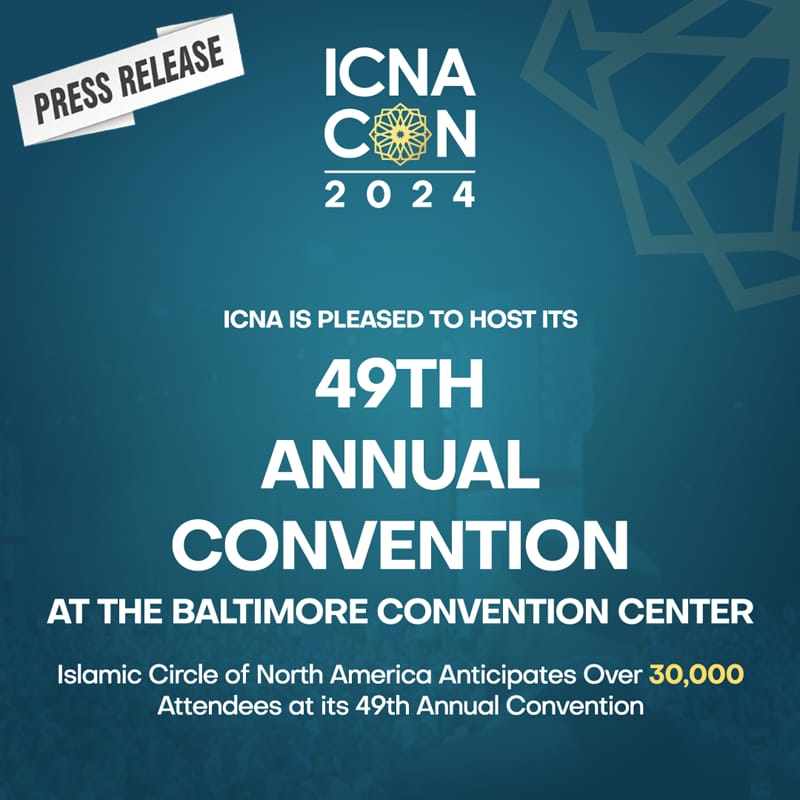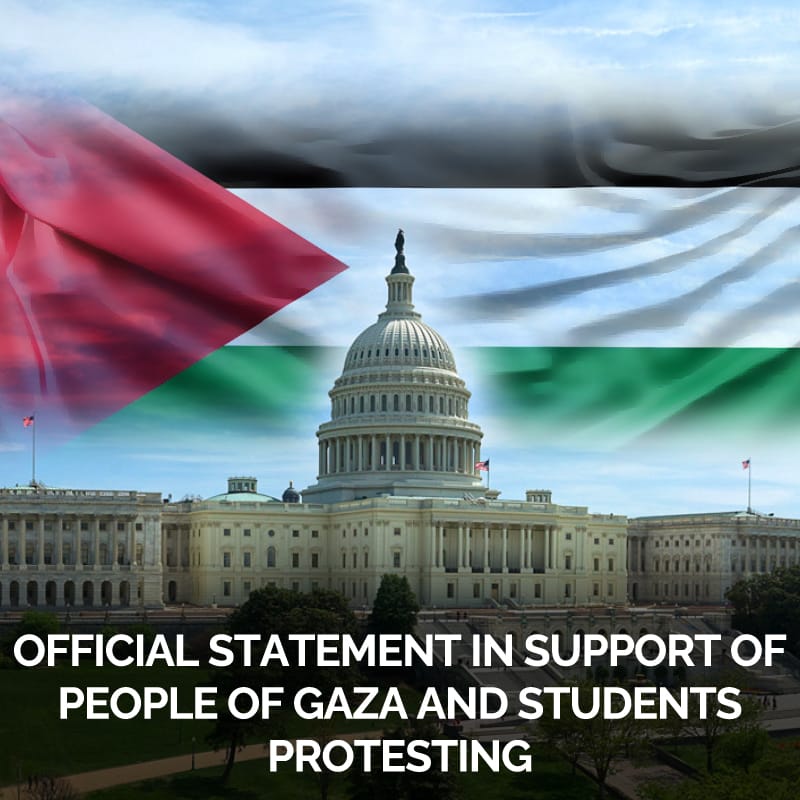Since October 2023, Helping Hand for Relief and Development (HHRD) has been at the forefront of humanitarian efforts in Gaza, delivering critical aid to over half-a-million fellow human beings through multiple rounds of service. In the face of ongoing hostilities and devastation, HHRD’s relentless dedication has ensured that those affected receive the support they need to survive with dignity. The daily HHRD’s food and water distribution programs since May 2024 have been a lifeline for the people of Gaza, in providing food parcels, hot meals, bread, and clean drinking water. From Iftar dinners during Ramadan to daily sustenance, these initiatives have been crucial in alleviating hunger and malnutrition. Additionally, large-scale daily water distribution through tankers efforts have provided families with clean water, essential for maintaining health and preventing waterborne diseases. Beyond food and water, HHRD has addressed other urgent needs by distributing hygiene kits, blankets, sleeping bags, clothing, and medical supplies to vulnerable families. These items have significantly improved living conditions for those displaced by the conflict, offering a measure of comfort in challenging circumstances. In addition, HHRD has established washrooms in critical locations, ensuring that proper hygiene practices are maintained, which is vital for preventing the spread of diseases. Amid the hardships, a simple act of kindness can bring immeasurable joy. A child shared their story of how life drastically changed when they had to flee their home due to intense bombing. Living in a tent inside a school, they longed for the simple pleasure of eating bread, a staple that had been absent from their lives due to the scarcity of flour in Gaza. The child’s joy was indescribable when the HHRD team arrived with a large bag of flour, allowing their family to bake bread once again. This small yet profound moment of happiness rekindled hope, showing that even in the darkest times, acts of compassion can make a significant difference. HHRD’s work in Gaza is ongoing, with plans for more aid distributions in the coming months. The organization remains committed to standing by the people of Gaza, providing the resources they need to endure these difficult times. The road ahead may be challenging, but HHRD’s unwavering support ensures that the people of Gaza are not alone in their struggle. For updates & your kind consideration, please visit: www.HHRD.Org/Palestine https://www.Facebook.Com/HelpingHandUSA Previous Next A Child’s Joy in Gaza Amidst Crisis “After the war started, we fled our homes quickly because of the intense bombing and couldn’t take anything with us, not even my toys, which are in my room—I don’t know if they still exist or if they were destroyed in the bombing. We fled to live in a tent inside a school because it was safer than our house. At home, we used to start our day with a delicious breakfast, always featuring bread. On the first day in our tent, we waited for our usual breakfast, but unfortunately, it wasn’t what we expected. There was no flour in all of Gaza to make bread (as our father told us). We spent several days eating without feeling full and sleeping without even the smell of bread. But today, shortly after we woke up, I saw someone from HHRD team bringing us a big bag of flour. I started shouting with astonishment and joy: ‘Flour, flour! We will finally make bread again,’ after it had disappeared from our lives for a long time. My joy today with this flour is immense. Returning to our usual daily routine after being deprived for so many days is a happiness that cannot be described and gives us hope that despite all the circumstances, there are still people who care about us and try to make us happy, even with something simple. May Allah (SWT) reward you greatly on our behalf.”
